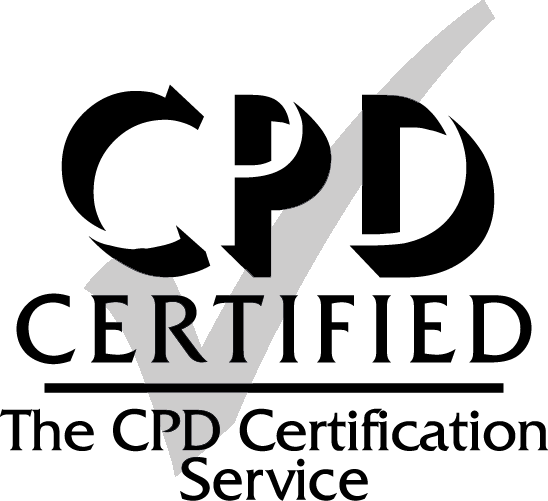
Navigating the Challenges of Teaching English in Africa's Multilingual Classrooms
Many African teachers lack training and materials tailored to multilingual needs. These issues require inclusive strategies, local content, and stronger teacher support. This blog explores a few struggles of teaching English in Africa and you can steer clear across these to master teaching. ...

Africa's Educational Revolution: What the World Can Learn
Africa is becoming a global leader in education innovation, driven by a young and vibrant population eager to embrace change. With unique challenges come groundbreaking solutions, making the continent a valuable source of inspiration for the future of learning. In this blog post, we’ll explore why the world should look to Africa for innovative approaches that could transform education worldwide. ...












